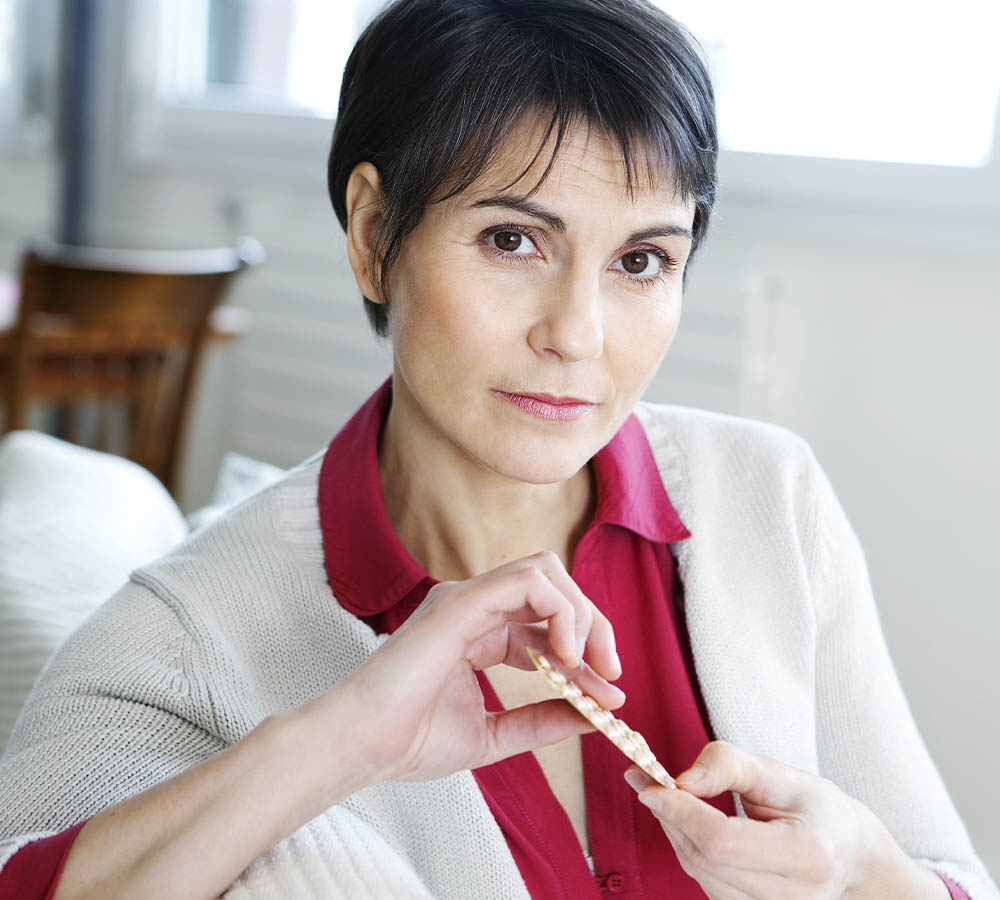The first step is always diagnosis, as other medical issues can cause similar symptoms. For example, thyroid issues can cause fatigue, lethargy, weight gain, hot flushes, night sweats, mood changes and insomnia, and a blood test for thyroid function can rule this out.
Although menopausal symptoms are broadly due to changes in hormone production, factors like lifestyle and mental health can also contribute.
Treating or managing other underlying medical conditions and making positive lifestyle changes can significantly impact your quality of life and how you manage menopausal symptoms. However, if quality of life is significantly impacted and everyday activities are disrupted, HRT can be a helpful intervention.
Genitourinary symptoms of the menopause (GSM), which present as vaginal dryness, discomfort during sex, bladder changes and urinary symptoms, may need further and ongoing medical intervention. Vaginal oestrogen creams, gels or pessaries may be required. Topical HRT to treat GSM symptoms can be used for many years after other symptoms have disappeared.








